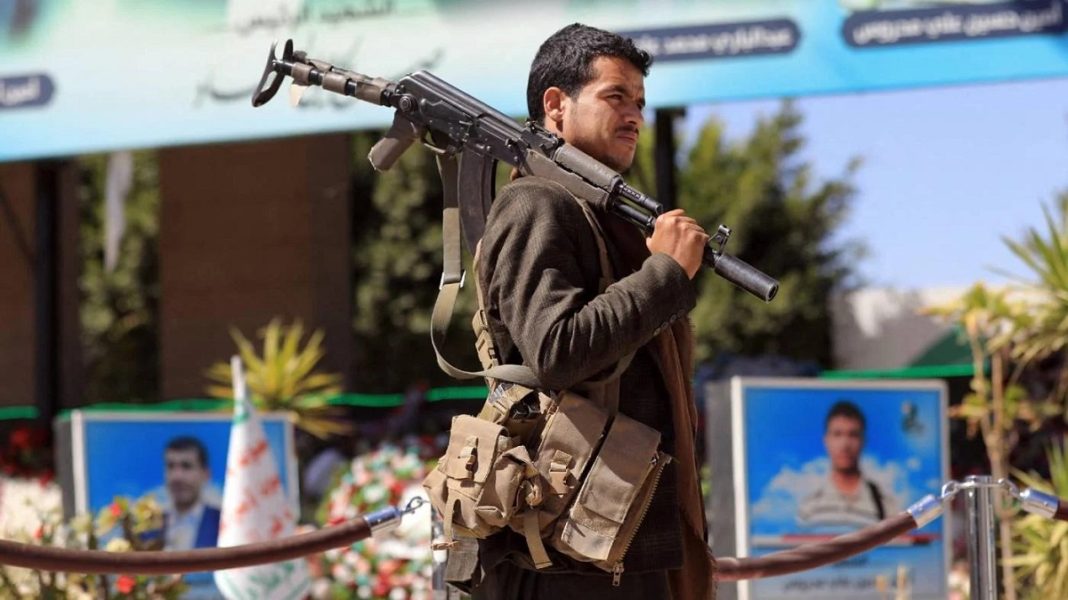Ansarullah announced in a statement that even with the six-month truce that expired on October 2 last year and two rounds of negotiations to extend the ceasefire and lift the blockade on commercial airports and entry ports, the Riyadh-led alliance reneged on the terms of the ceasefire and did not honor previous agreements.
“The Saudi-led coalition’s main goal out of the truce was to stop the Houthi Ansarullah forces from carrying out retaliatory military operations against targets deep inside Saudi Arabia. Moreover, the crippling sea, land and air blockade on Yemen has created a humanitarian disaster in the country,” the statement read.
Ansarullah described the famine and siege as criminal and cruel strategies of the Saudi-led coalition against Yemen, arguing that the practice amounts to mass murder under the United Nations Charter and principles.
“Siege is same as a war, whose primary purpose is to kill as many Yemenis as possible and take revenge on them by destroying people’s livelihood. The Saudi-led coalition’s intention behind the ceasefire was to ramp up the economic blockade against Yemen,” the statement read.
Ansarullah noted, “The Riyadh-led alliance took advantage of the siege as a weapon of war against Yemen. The ceasefire also proved that the Saudi-led coalition was not looking for any measure to reduce the sufferings of the Yemeni nation. It is firmly against payment of salaries to civil servants and knows no limits to tighten the blockade.”
The Lebanese Arabic-language daily newspaper al-Akhbar has reported that Saudi Arabia’s crown prince and de facto leader is seeking to get himself out of the crisis created in Yemen.
The newspaper wrote that Mohammed bin Salam has suggested that Ansarullah maintain control over Yemen in exchange for security guarantees to the Riyadh regime.
It said the latest round of indirect and behind-the-scenes talks between Ansarullah representatives and Saudi diplomats with Oman, a Persian Gulf country that borders both Yemen and Saudi Arabia, as mediator had more fateful results than the previous ones.
“Riyadh is now showing a lot of flexibility during negotiations. It currently has no concern other than getting security guarantees that strategic facilities deep inside the country would not be hit. It has abandoned the illusion of turning Yemen into a country under its tutelage, and has instead sufficed for security assurances,” the newspaper wrote.
Saudi Arabia, in collaboration with its Arab allies and with arms and logistics support from the US and other Western states, launched the devastating war on Yemen in March 2015.
The objective was to crush the popular Ansarullah resistance movement, which has been running state affairs in the absence of a functional government in Yemen, and reinstall the Riyadh-friendly regime of Abd Rabbuh Mansour Hadi.
While the Saudi-led coalition has failed to achieve any of its objectives, the war has killed hundreds of thousands of Yemenis and spawned the world’s worst humanitarian crisis.
